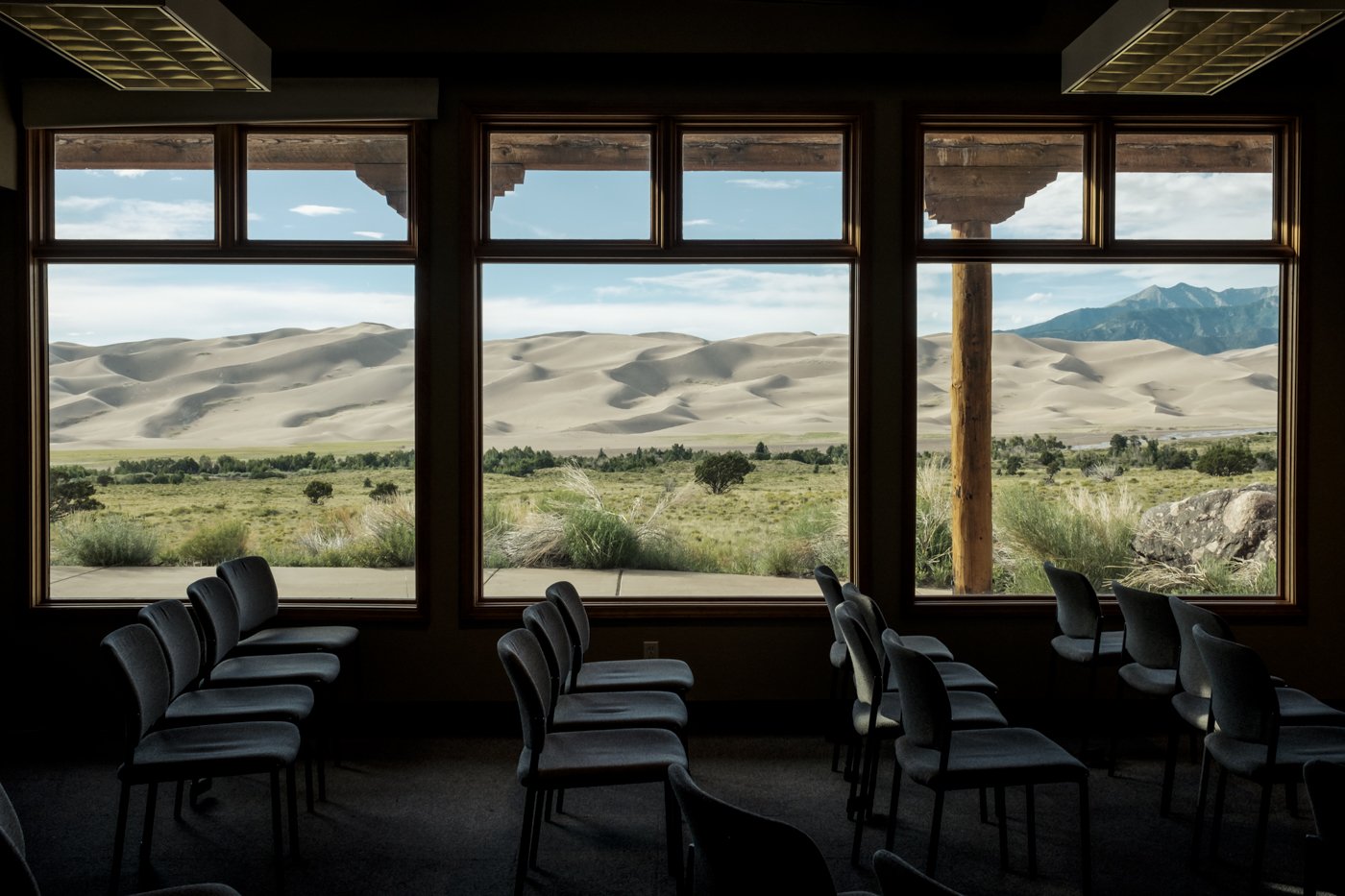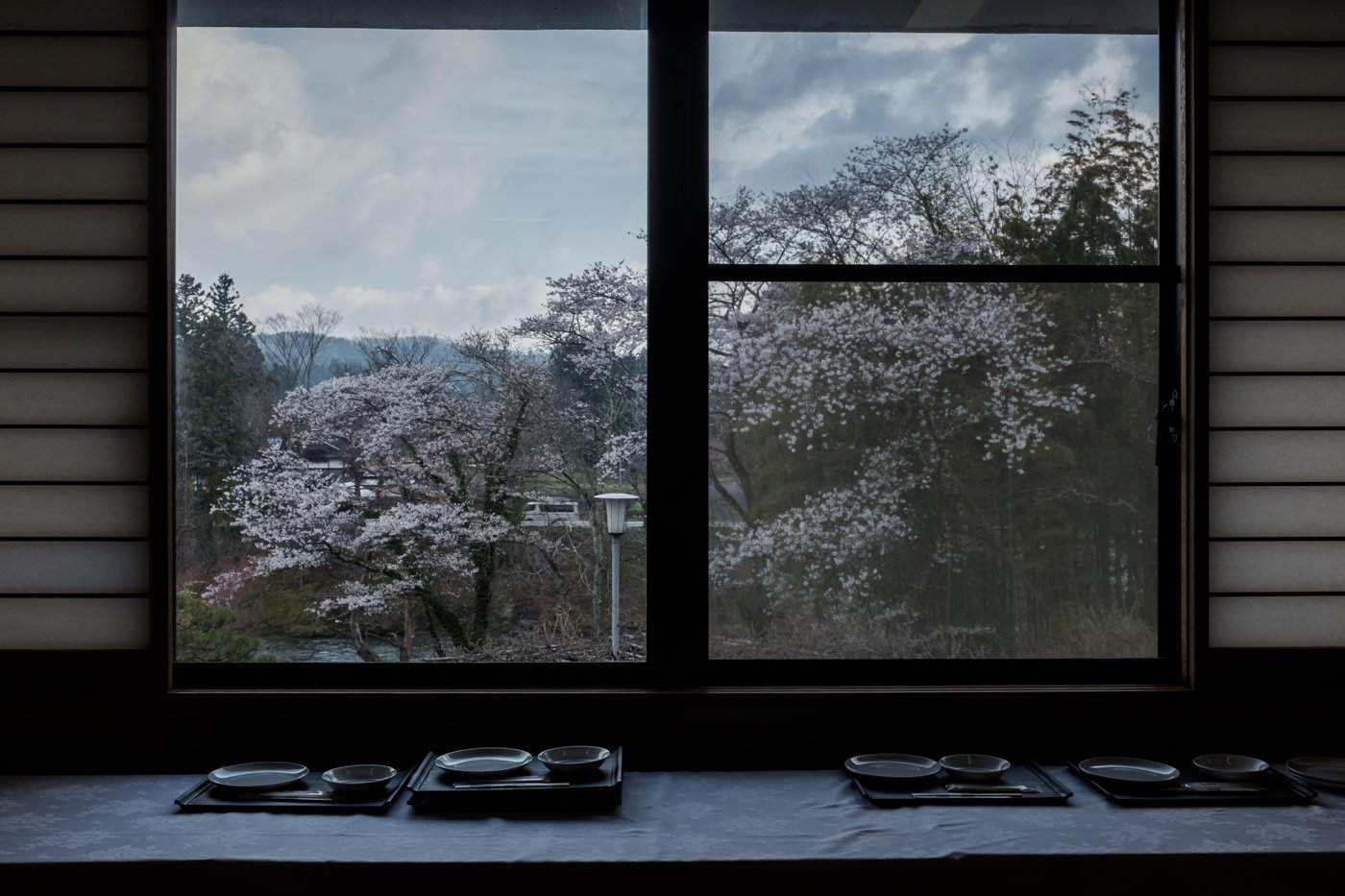George Nobechi
Nagano Prefecture, Japan • www.georgenobechi.com





-
Here. Still. 静寂はここに
Long before the sense of isolation that comes from self-quarantining became a common feeling to millions of people across the globe, I was making photographs that speak to the experience of being confined to an interior space but looking out on the world beyond the window with longing.
This project started from my sense of disconnection from life itself, as though I were walking through a film only I wasn’t part of it. When I was nineteen and in university in Vancouver, Canada, my father suddenly passed away. Upon graduation with a degree in History, I moved to Tokyo to work in Finance in part to support my family.
A dozen years later, my career had taken me to New York, where it had reached a dead-end. I was burned out from the stresses of work and had come out of a long-term relationship. I gave up the lease on my comfortable New York apartment, put all my things in storage, and looked ahead to a completely uncertain future. I realized that I had never reconciled with the direction of my life after my father’s death. I set out on the road, with just a backpack and suitcase, unsure where my path would take me.
I had traveled alone for long stretches on my own before, including two solo multi-month, round-the-world trips. This time it was different as I had nothing to tie me down any longer. I was unmoored.
Through a series of events, I wound up in the Southwest United States to study photography. I found a photograph from 2009 that I had made in a hotel room at Lake Louise, Canada, a place my father used to take our family. I remembered being there, alone in that room and looking out at the late summer twilight and the turquoise lake beyond the window. I longed to strike up a conversation with my father, and this series was born.
I continued my journeys for nearly a thousand days, and as I did, I made photographs where I felt the presence of humanity inside a space, and the stillness of life unfolding beyond the window: visible, even tangible, but inaccessible, as if on a screen in an empty theatre. I recalled my childhood growing up in the organized chaos that is Tokyo, looking out on the enormous city from my bedroom window, which provided a safe distance from which to view the world. I also realized that the separation caused by a window between two worlds was a metaphor for my bicultural upbringing where I would never quite be “native” to the East or West.
There is a Japanese word: nukumori, a lukewarmness that sometimes can refer to the presence of someone who occupied a place but had departed: an empty chair, a teacup, a potter’s work table, the inside of a bus or train car, and of course, the many hotels and motels where I found myself. Nothing in the series is staged, everything is just as I found it in real life, and what exists inside is as important as what is outside the window.

© Daesung Lee
